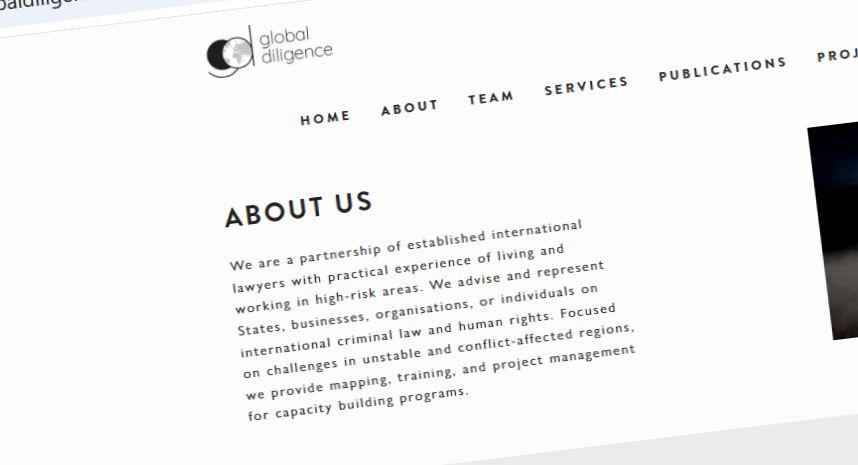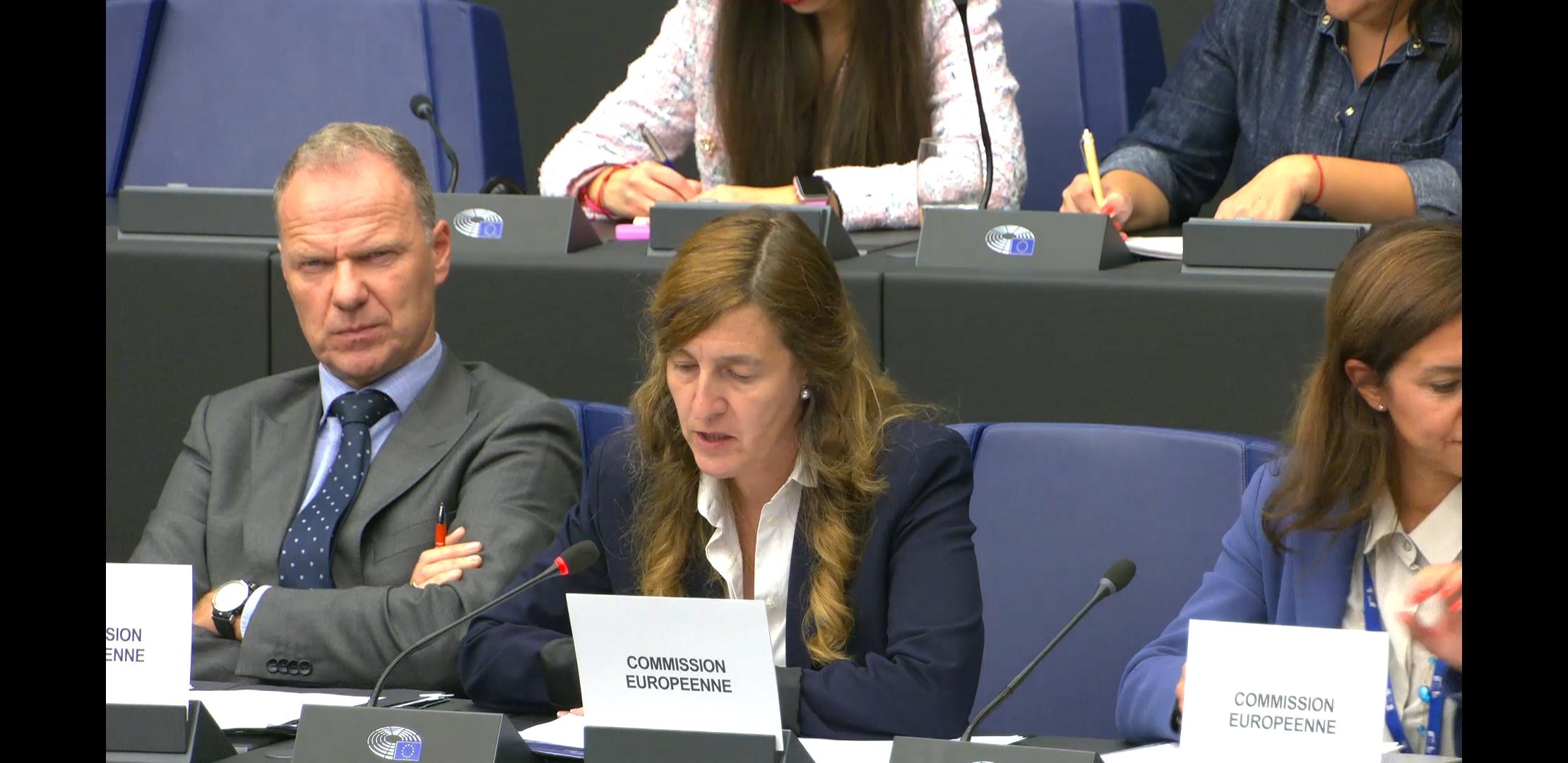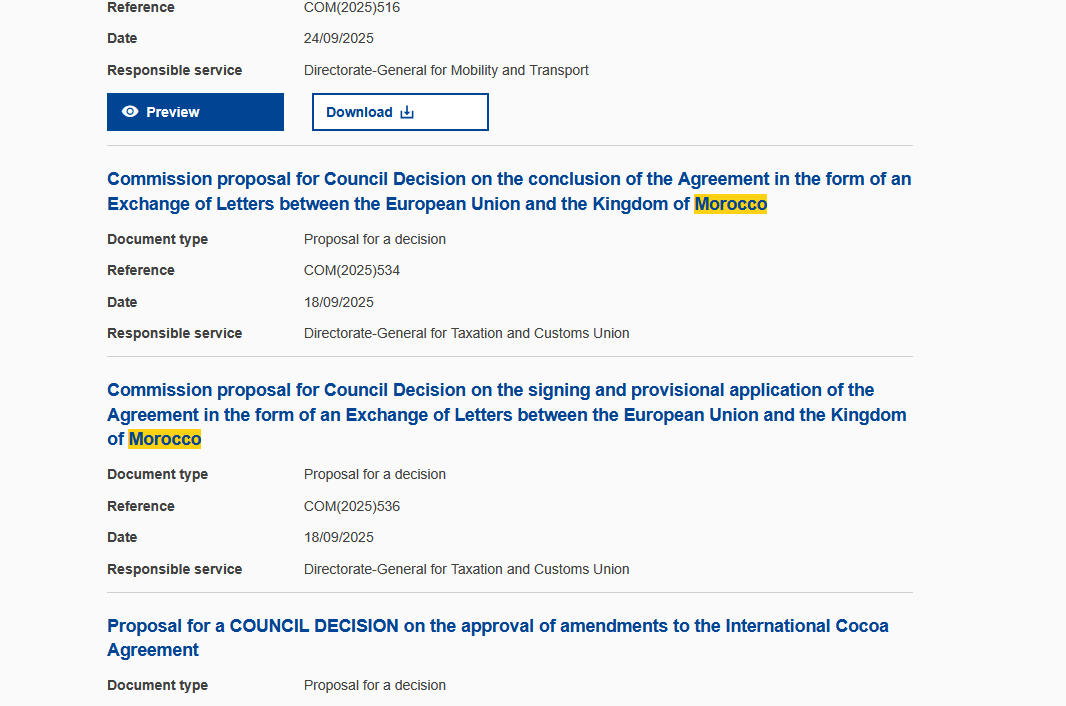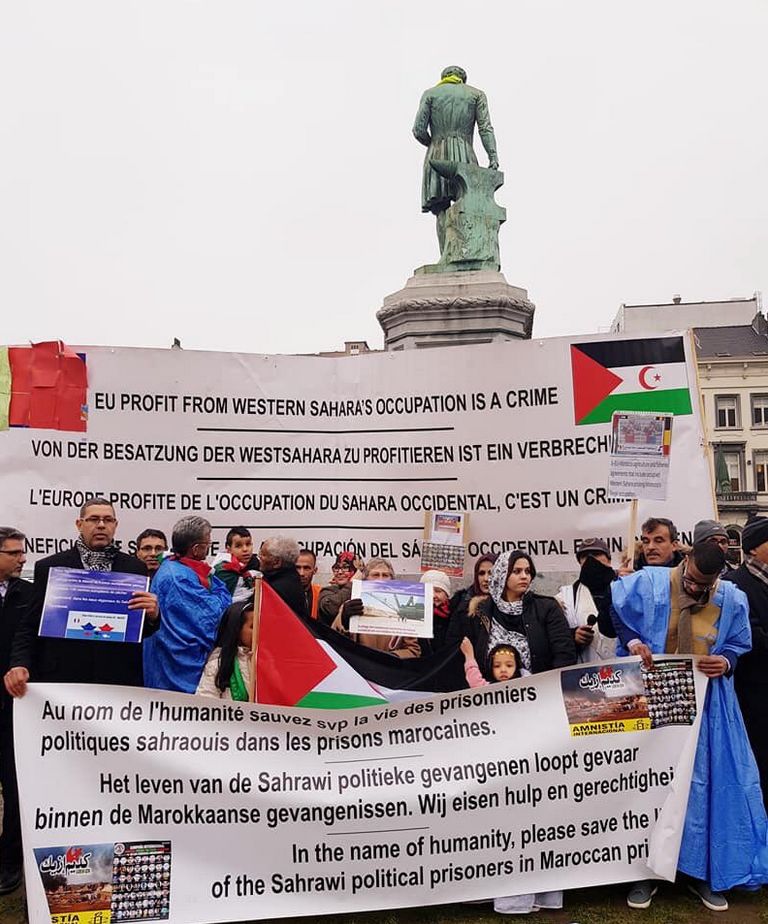
"A hostile act likely to perpetuate the conflict and colonialism in Western Sahara". The Peace and Security Council of the African Union reiterates its position on the illegal exploitaiton of Western Sahara's natural resources.
Photo above: Kosmos Energy chartered a drillship for exploration offshore Western Sahara. Here, the ship is seen off Namibia, heading north on its way to Western Sahara in 2014.
On 11 February 2016, the Peace and Security Council of the African Union (AU), dedicated a session to the topic of natural resources and conflicts in Africa.
"Council condemned the illegal exploitation of natural resources of Western Sahara and considered it as a hostile act likely to perpetuate the conflict and colonialism in Western Sahara", is stated in the press statement about the session. "In this regard, Council reiterated the relevant decisions of the United Nations and the African Union, in particular decision Assembly /AU/Dec.583(XXV) adopted by the Assembly at its 25th Ordinary Session, urging the UN Security Council to fully assume its responsibilities, as well as effectively address the issues of the respect of human rights and the illegal exploitation of the Territory’s natural resources."
On 15 October 2015, the African Union published on its website a thorough legal opinion on the natural resource exploitation in the territory.
It should also be recalled that the Peace and Security Council of the AU on 27 March 2015 issued a statement that companies working in Western Sahara would not be welcome in other African Union member states.
Global Diligence defends operations on occupied land
The legal advisory firm Global Diligence, which presents itself as expert on ‘heightened due diligence’, misrepresents international law in occupied Western Sahara.
MEPs shocked by Commission's Western Sahara bypass
In a hearing at the European Parliament earlier this week, lawmakers expressed outrage at how the Commission sidestepped them to push through a new agreement covering occupied Western Sahara, in violation of EU Court rulings.
EU pushes secretive Morocco trade deal covering Western Sahara
As EU ambassadors give their green light to a new Morocco trade deal, the public is still denied access to the very agreement they are voting on - a striking case of secrecy in Brussels.
"A declaration of war" - new EU agreement reactions
A wave of reactions is rippling across Europe following the news that the EU is moving ahead with a new trade agreement in occupied Western Sahara. The vote is scheduled for tomorrow.



